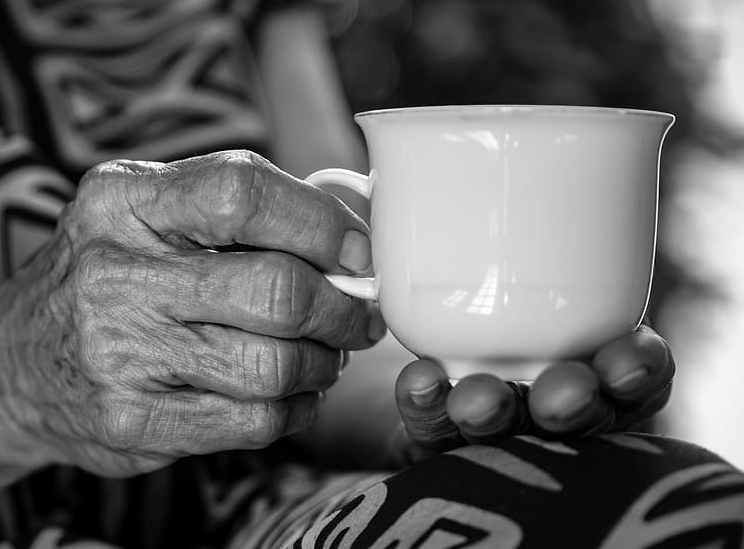Even though I farm Rooibos tea and produce Rooibos-based products – and I believe in the many health benefits of Rooibos – I nevertheless occasionally question that it can really be a panacea for so many major ailments. But as the evidence mounts, I’m encouraged by the results we’re hearing about.
(this article from a press release sent out by the SA Rooibos Council)
The pharmaceutical and cosmetic industries have long sought to restore and reverse the effects of ageing – and now local scientists are investigating whether rooibos may hold some answers.
The contention that this indigenous plant could beneficial in countering the effects of time is not that far-fetched. The most accepted theory of ageing is the free-radical hypothesis. Rooibos is rich in antioxidants, which bind with free-radicals and prevent them from damaging cells.
Numerous local and international studies have proved that the antioxidants in rooibos slow down and prevent various forms of cancer, reduce the risk of heart attack and stroke and provide a plethora of other health benefits. There is, however, little published research on its precise molecular and cellular involvement against ageing.
Professor Maryna van de Venter of the Department of Biochemistry and Microbiology and her colleague, Dr Trevor Koekemoer, at the Nelson Mandela Metropolitan University are seeking to rectify this.
Redistribution of body fat
Prof Van de Venter explains that one of the characteristics associated with ageing is the progressive redistribution of body fat. This results in a decrease in the subcutaneous fat – the layer just under the skin – and an expansion in abdominal fat.
Subcutaneous fat loss leads to cosmetic changes such as wrinkles, sunken eyes and skin folds. The accumulation of body fat is potentially more harmful. Visceral fat is associated with increased risk of many age-related diseases, including insulin resistance, diabetes and heart disease.
“In layman’s terms there’s less fat in the places where it should be and more in the places it shouldn’t, with substantial clinical consequences,” she explains.
Preadipocytes, the cells from which fat cells develop, may be the reason this happens. These represent between 15% and 50% of the cells in adipose (fat) tissue and consequently are likely to have a significant influence on its growth and function.
Recent studies have shown that over time preadipocytes lose their ability to multiply and develop into mature fat cells. Although scientists are not yet sure why this happens, they believe inflammation of the fatty tissue, oxidative stress and the introduction of factors which prevent the cells from dividing may contribute.
Scientific evidence for Rooibos as Anti-Ageing solution
Prof Van de Venter’s research will investigate the potential influence that the antioxidants contained in rooibos may have on these molecular mechanisms thought to cause preadipocyte dysfunction. Preventing this may slow or even reverse age-related adipose redistribution and associated cosmetic changes and health risks.
“The findings will contribute to our understanding of the health benefits of rooibos and provide much-needed scientific evidence to substantiate its anti-ageing properties, beyond what is already known about its antioxidant capacity.”
The South African Rooibos Council is supporting Prof Van de Venter’s study as part of its R2 million investment in research this year. It is also providing research grants for other lifestyle studies related to exercise, cancer, stress and obesity. Other researchers are exploring rooibos’ chemistry, composition and flavour profile and ways to advance organic and sustainable farming.
The research is led by prominent, independent researchers at South African universities and science councils and the local researchers are encouraged to collaborate with experts around the world.
For more information, visit www.sarooibos.co.za

